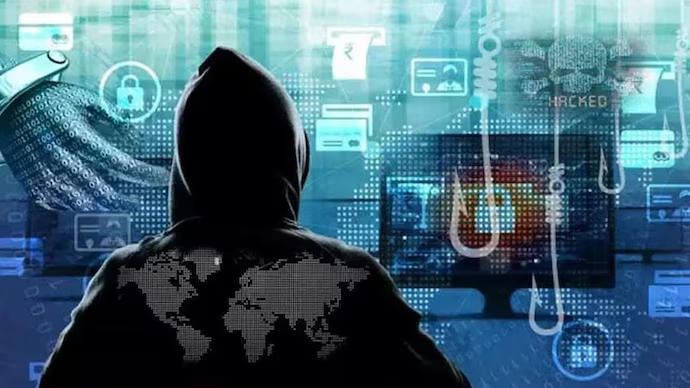In an increasingly digital world, scams have evolved to become more sophisticated and convincing. One alarming type is the digital arrest scam, where fraudsters prey on individuals by creating a false sense of legal jeopardy. In this blog post, we’ll explore how these scams operate, their common tactics, and how to protect yourself.
A recent scam has emerged, resulting in significant financial losses for individuals and businesses, amounting to crores of rupees, under the guise of “digital arrest.” In digital arrest scam, fraudsters impersonate law enforcement officials to deceive their victims. Prime Minister Modi has also issued a warning to the public regarding this scam, urging them to report any such incidents to the cyber helpline. Additionally, the Computer Emergency Response Team of India (CERT-In) has provided a list of methods by which these fraudsters carry out online scams, including the digital arrest scam.

Table of Contents
What is a Digital Arrest Scam?
A digital arrest scam typically involves a fraudulent claim that you are facing legal trouble, often linked to online activities. Victims may receive emails, phone calls, or messages that appear to come from law enforcement agencies. These communications usually assert that you have an outstanding warrant or unresolved legal issue.In digital arrest scam, perpetrators pose as law enforcement officials, such as CBI agents, income tax officers, or customs agents, and initiate contact with victims via phone calls. Subsequently, they request that the victims switch to video communication through platforms like WhatsApp and Skype.
The scammers then threaten the victims with a digital arrest warrant, citing various reasons such as financial misconduct, tax evasion, or other legal violations. In certain instances, these fraudsters create a police station-like set-up to further convince victims that the call is legitimate. Under the guise of “clearing their name”, “assisting with the investigation”, or “refundable security deposit/escrow account”, individuals are coerced into transferring large sums of money to specified bank accounts or UPI IDs. Once the victims comply and make the payment, the scammers vanish, leaving the victims to face financial loss and potential identity theft.
Common Tactics Used by Scammers
- Fake Notices: Scammers often craft official-looking documents or emails that mimic real law enforcement communications. These may include logos, legal jargon, and intimidating language to create urgency.
- Pressure Tactics: The scammers employ scare tactics, claiming that immediate action is necessary to avoid arrest. They may threaten serious consequences, such as jail time or fines.
- Financial Demands: To “resolve” the issue, victims are typically asked to make payments. Scammers often request payment through gift cards, wire transfers, or cryptocurrencies, which are difficult to trace.
- Identity Theft: In some cases, scammers may ask for personal information under the pretense of verifying your identity. This can lead to further identity theft and fraud.
How to Protect Yourself
- Verify the Source: Always check the sender’s email address and contact details. If you receive a suspicious message, do not respond directly. Instead, reach out to the official agency using verified contact information.
- Stay Calm: Scammers thrive on fear and urgency. Take a moment to assess the situation before taking any action.
- Do Not Pay: Legitimate law enforcement agencies will not request payment via gift cards or cryptocurrencies. If you are asked to make a payment in this manner, it is likely a scam.
- Report the Scam: If you encounter a digital arrest scam, report it to your local authorities and organizations like the Federal Trade Commission (FTC) in the U.S. or equivalent bodies in your country.
What to do if you are a victim of digital arrest scam and lost money?
If you are a victim of digital arrest scam, the first step is to immediately report your bank and freeze your account.
File a complaint with the National Cyber Crime Reporting Portal (cybercrime.gov.in).
Always keep whatever evidence you have — call details, transaction details, messages, etc.
Seek help from a lawyer if needed.
Also see: https://theautoengineer.com/why-your-car-engine-is-overheating/
References
https://www.thehindu.com/news/national/digital-arrest-scam-how-to-protect-yourself
